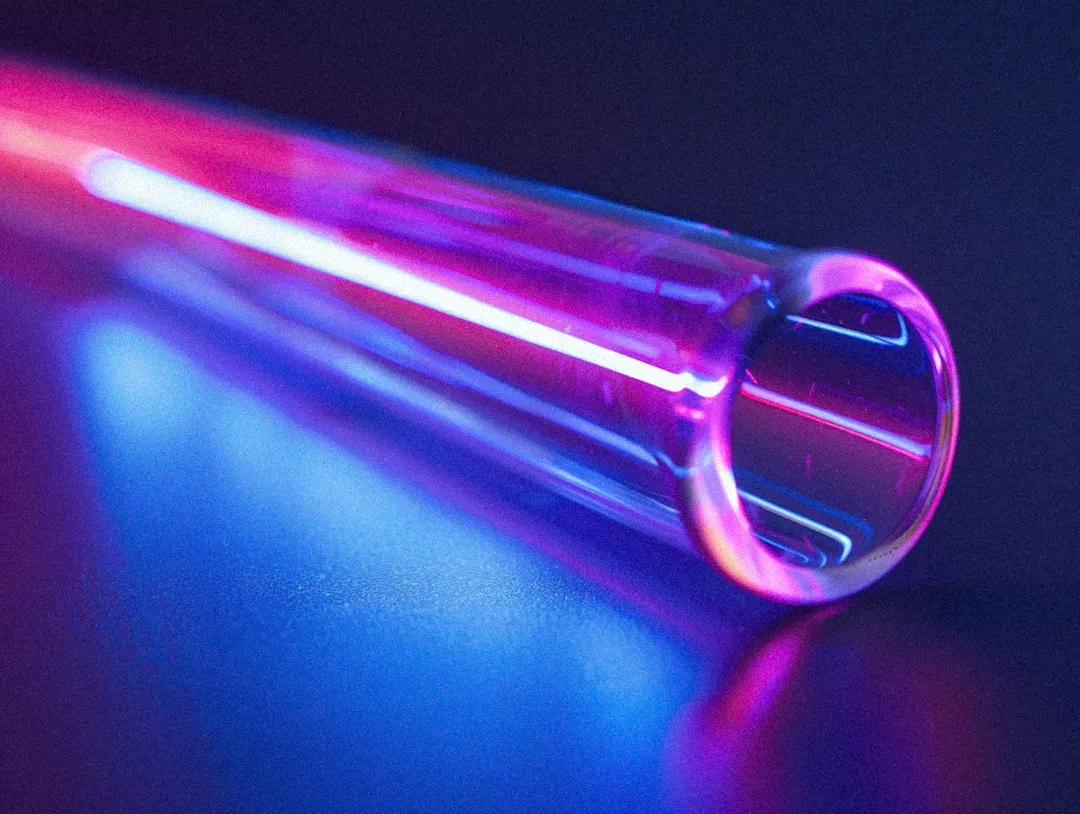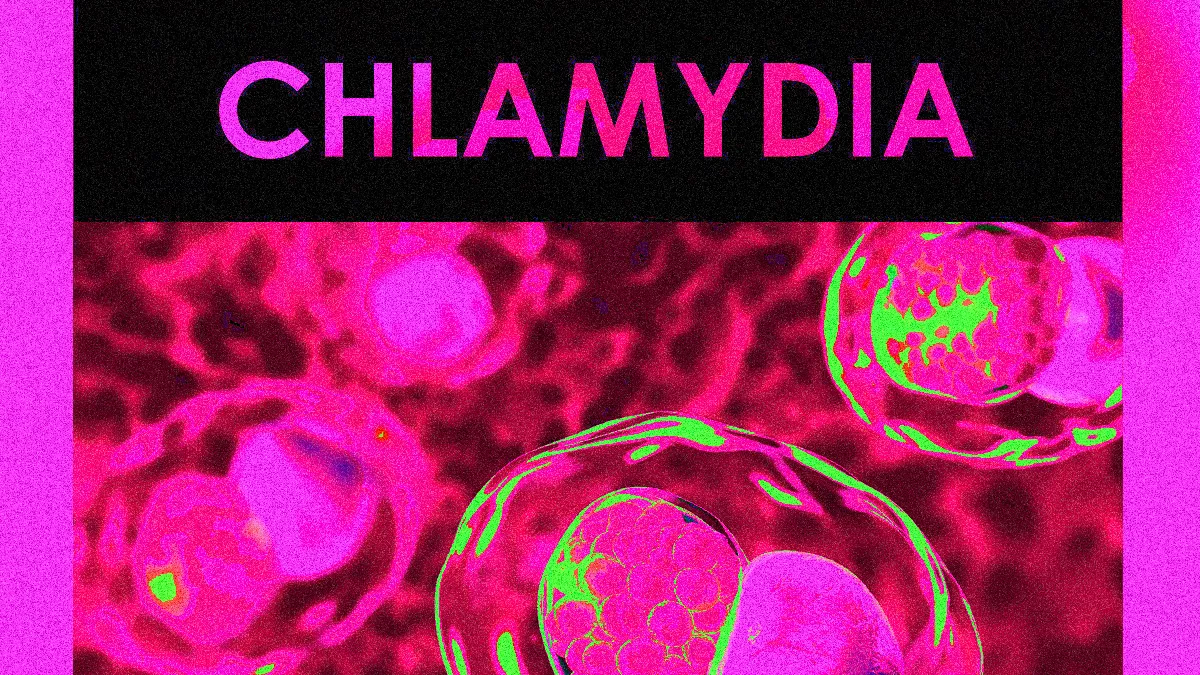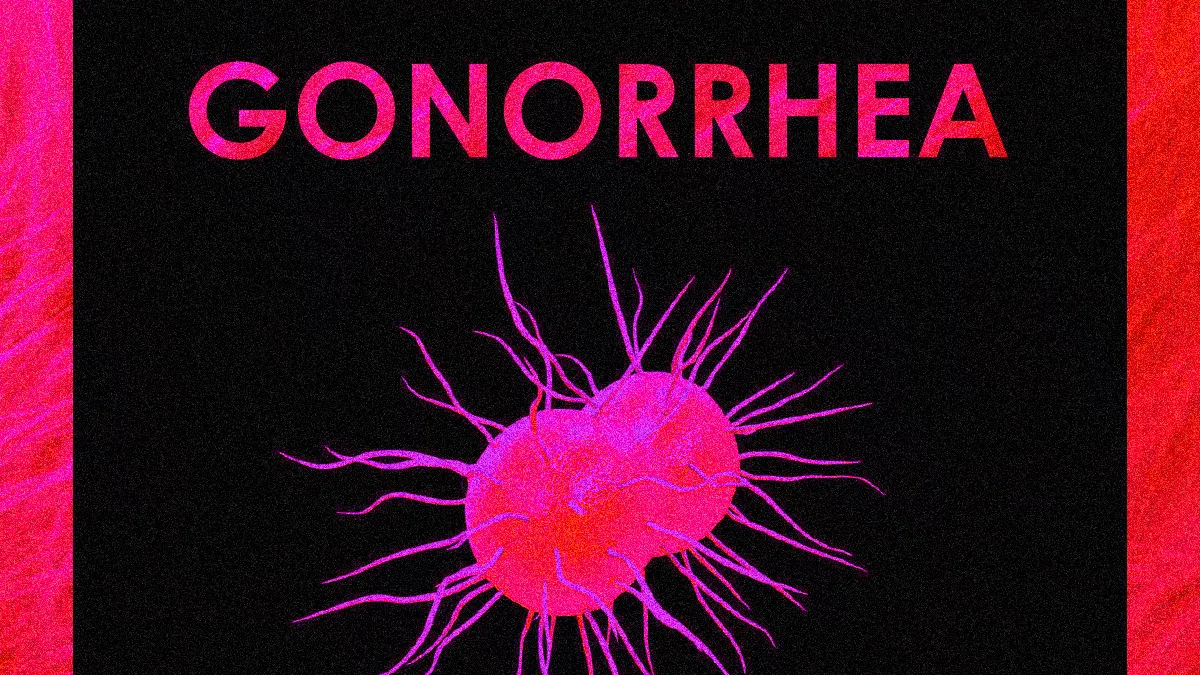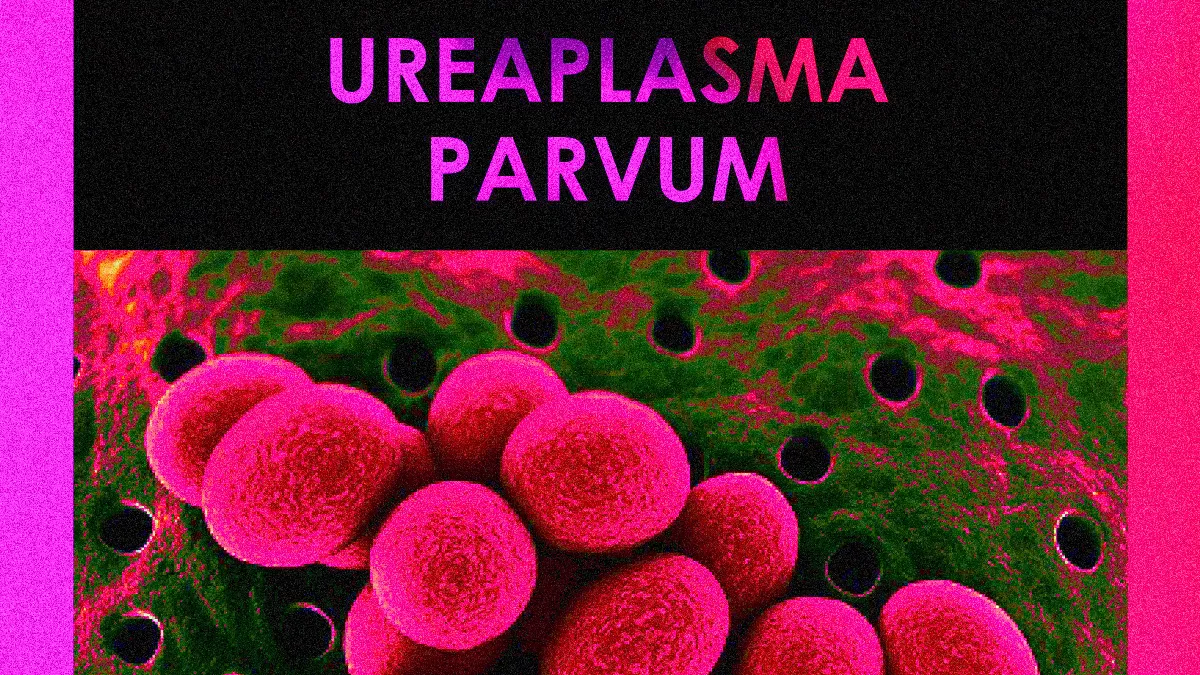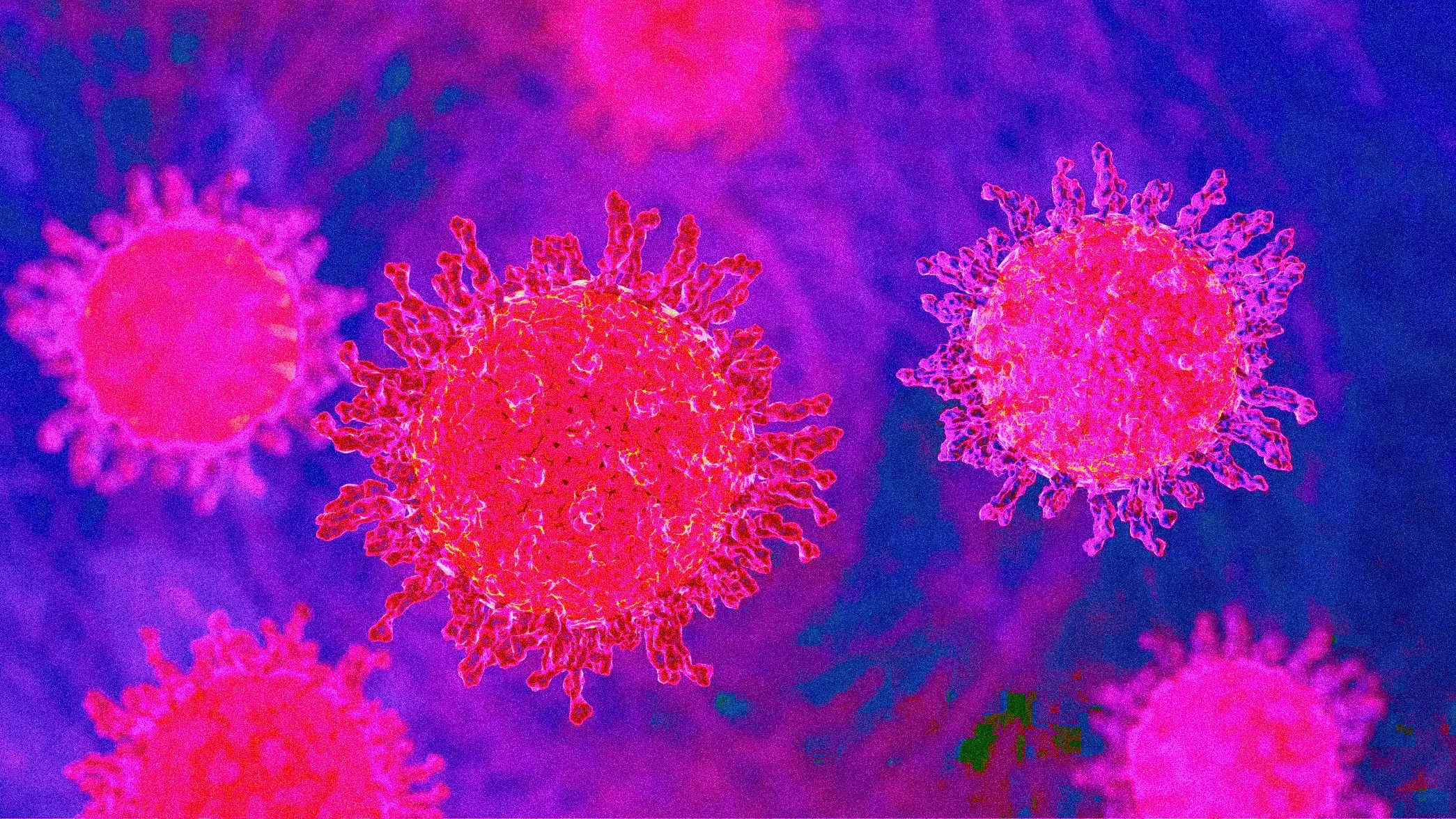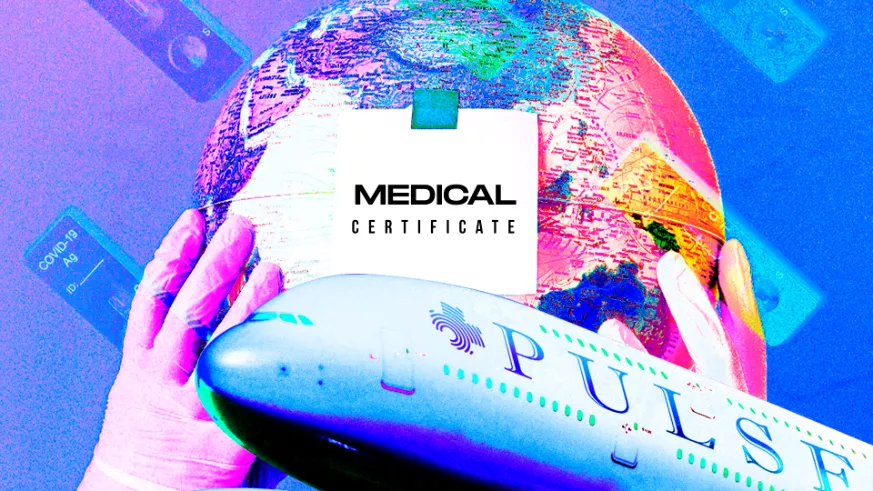Understanding Herpes Lab Tests
3283
A herpes (HSV) test detects an infection caused by HSV. Various types of HSV are responsible for cold sores and genital herpes. Find out more.

Herpes (HSV) Lab Tests
Herpes is a widespread viral infection caused by the herpes simplex virus (HSV). Most people with HSV experience no symptoms. However, HSV can lead to painful blisters or sores in the affected areas. It primarily impacts the mouth (oral herpes) and the genital region (genital herpes), but it can also affect the eyes and other skin areas.
HSV tests check for the presence of the herpes simplex virus, typically using a blood sample or fluid from a sore. There are two primary types of HSV, and the tests can identify which kind you have:
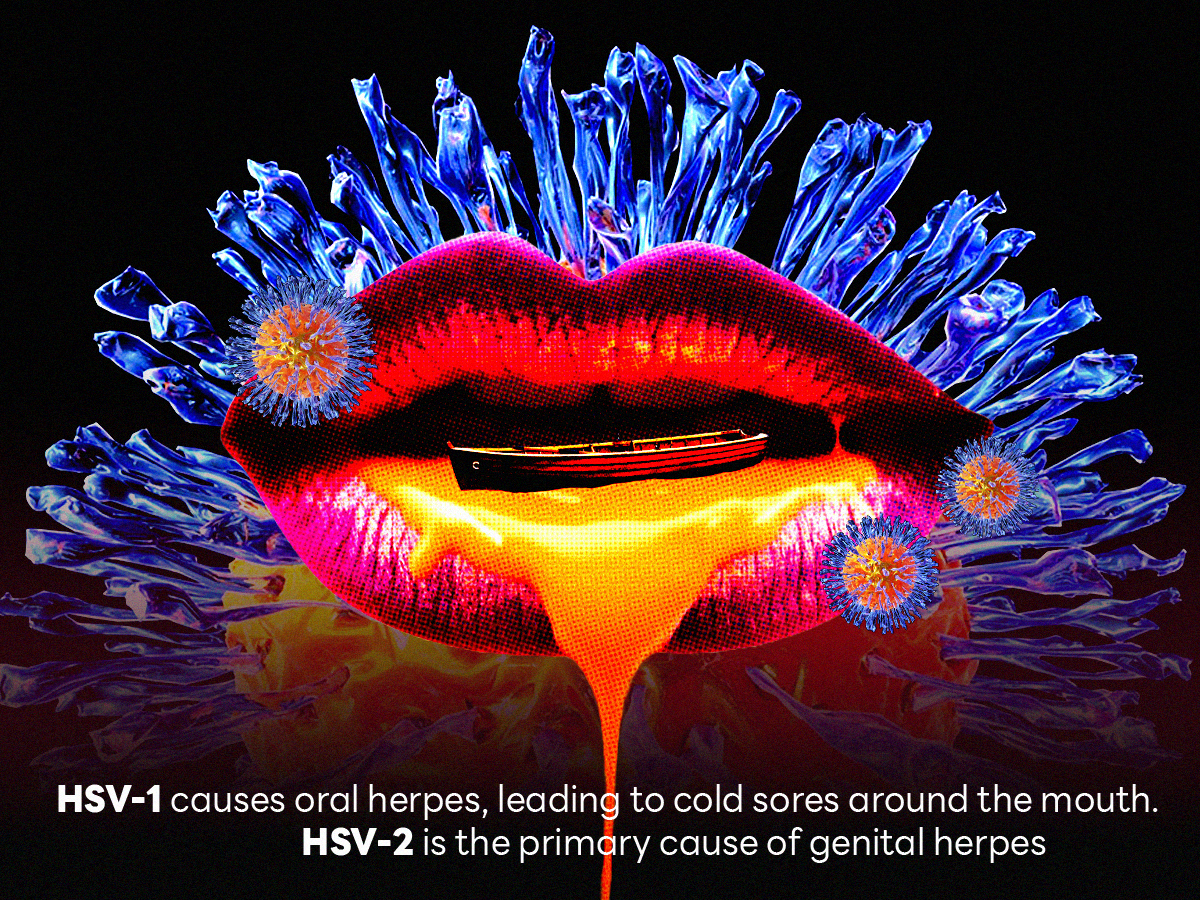
- HSV-1 – causes oral herpes, leading to cold sores (often called "fever blisters") around the mouth. Most people contract oral herpes by the time they reach young adulthood. It is commonly transmitted through non-sexual contact with saliva from someone with an HSV-1 infection, such as by sharing utensils, cups, or towels. Additionally, HSV-1 can also cause genital herpes, which can occur if you receive oral sex from a partner who has a cold sore.
- HSV-2 – is the primary cause of genital herpes, which is a sexually transmitted disease (STD). It is transmitted through sexual contact with someone who has a herpes infection. You can contract genital herpes from a person even if they don't show any symptoms. Additionally, HSV-2 can spread to the mouth, resulting in oral herpes, which can occur if you perform oral sex on someone with genital herpes caused by HSV-2.
HSV infections typically resolve on their own but may recur over time. However, repeat outbreaks usually become milder and less frequent as time goes on. Outbreaks are generally more common with HSV-2 compared to HSV-1. Therefore, identifying which type of HSV you have through testing can help you understand what to anticipate.
Book a consultation with us if you have concerns. To book an appointment, please email us at info.bkk@pulse-clinic.com or chat on your preferred platform:
![]() +66 65 237 1936
+66 65 237 1936  @PULSEClinic
@PULSEClinic ![]() PulseClinic
PulseClinic
Types of HSV Tests
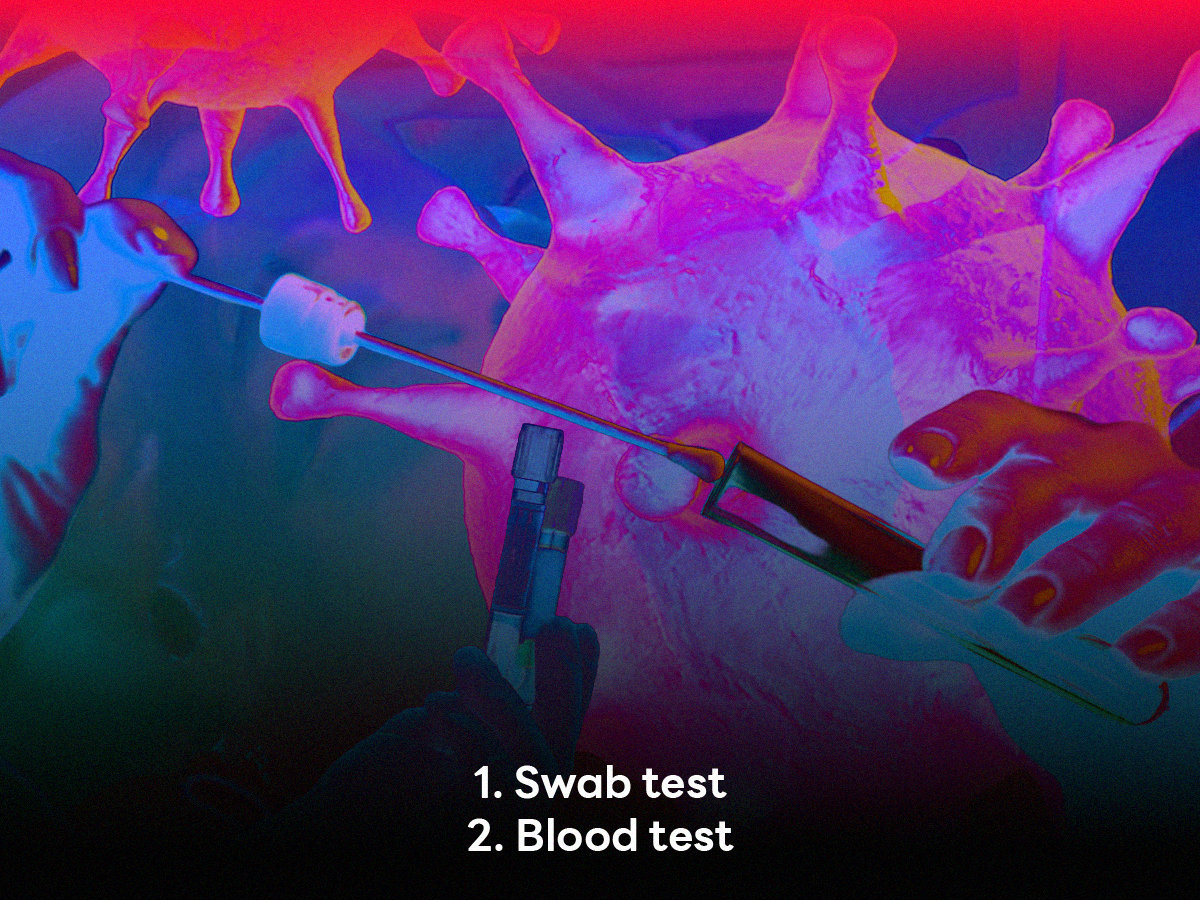
1. Swab Test
This test will take a sample of fluid from a sore, which may be used to do:
- A viral culture: involves growing cells from your sample in a laboratory to detect the presence of HSV.
- A polymerase chain reaction (PCR): detects HSV by identifying its genetic material in your sample.
Our PCR Multiplex DNA Test for 28 Infections, or Polymerase Chain Reaction, is a modern test used to find specific viruses or bacteria in blood, body fluids, or tissues by detecting their DNA. Known as a Nucleic Acid Amplification Test (NAAT), it is the preferred method as 1 test can detect 28 infections like Chlamydia, Gonorrhoea, Ureaplasma, Mycoplasma, and Trichomonas. Getting a PCR Multiplex DNA test for 28 infections is a better choice as symptoms of Herpes can easily be mistaken for syphilis, chancroid, and other ulcers and blister-causing STD
2. Blood Test
Detects HSV antibodies in a blood sample. These antibodies are proteins produced by your immune system to combat the virus. Your body generates specific antibodies for HSV-1 and HSV-2. This test can be performed even if you don't have active sores.
While there is no cure for HSV, medications can help control outbreaks. Typically, HSV does not lead to serious health issues. However, if you have genital herpes while pregnant, you can transmit the virus to your baby, potentially resulting in a severe and life-threatening infection. In rare instances, HSV can also affect the brain and spinal cord, leading to serious illness.
Purpose of this Test
An HSV test may be used to:
- Determine if sores on your mouth or genitals are due to HSV and, if so, identify the specific type.
- Assess for an HSV infection if you have had a high risk of exposure to the virus.
- Test for HSV in a baby born to someone with an HSV infection.
Do I Need an HSV Test?
You might need an HSV test if:
- You are experiencing symptoms of herpes, such as:
- Blisters or sores on the mouth, genitals, anus, buttocks, or other skin areas, which form a crust as they heal.
- Fever and flu-like symptoms.
- Swollen glands.
- Pain or tingling in the affected region.
- Your partner has genital herpes or symptoms that could indicate genital herpes.
Typically, medical professionals do not recommend HSV testing for individuals who are not showing symptoms. However, if you are undergoing testing for other STDs, your healthcare provider might include an HSV test depending on your risk of exposure. It’s a good idea to ask your provider whether you should be tested.
In rare instances, HSV can affect the brain and spinal cord, potentially causing conditions like encephalitis or meningitis. If you have one of these severe conditions, you may need an HSV test.
During HSV Test
Several types of HSV tests use different types of samples:
- For a swab test, a healthcare professional will use a swab to collect fluid and cells from an active herpes sore that has not yet started to heal.
- For a blood test, a healthcare professional will draw a blood sample from a vein in your arm using a small needle. After inserting the needle, a small amount of blood is collected into a test tube or vial. You might feel a brief sting during the insertion and removal of the needle. The entire process typically takes less than five minutes.
If your provider suspects an HSV infection in your spinal cord or brain, they may perform a test on your cerebrospinal fluid (CSF) to detect signs of the virus. CSF is the fluid that surrounds your brain and spinal cord. The test involves inserting a thin needle into your spine to withdraw a small sample of CSF. This procedure is known as a lumbar puncture or spinal tap.
Preparations Before the Test
No special preparations are required for a swab test or a blood test. However, for a lumbar puncture, you may be asked to empty your bladder and bowels before the procedure.
Are there any Risks?
After a swab test, you might experience minor bleeding or discomfort at the site where the swab was taken, but this typically resolves quickly.
A blood test carries minimal risk. You may experience slight pain or bruising at the needle insertion site, but these symptoms usually subside soon.
If you undergo a lumbar puncture, you might feel pain or tenderness in your back where the needle was inserted. There could also be some bleeding at the site or a headache.
The Results
The interpretation of your test results depends on the type of HSV test you underwent. To fully understand your results, your provider will consider your health history and any symptoms you are experiencing.
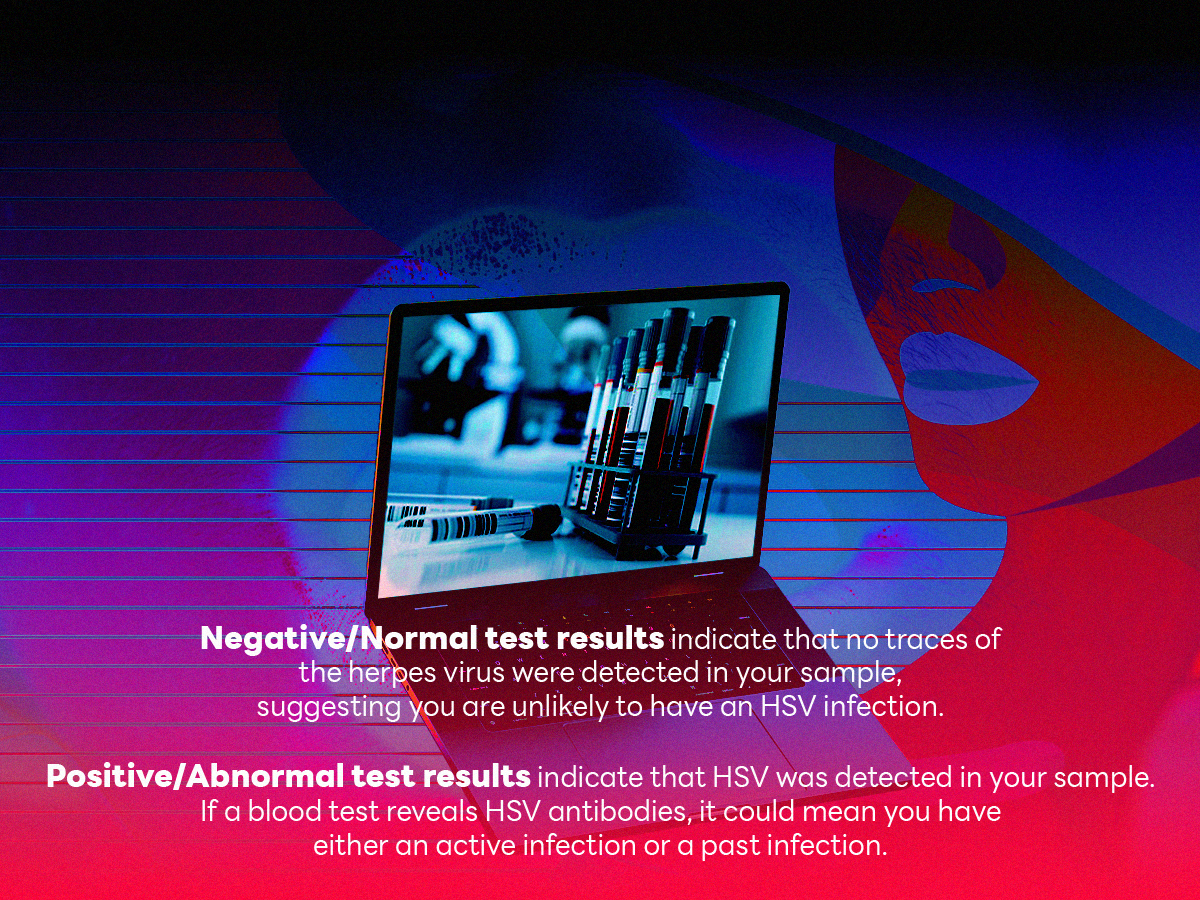
If you have HSV, treatment can help minimize the frequency of outbreaks and manage your symptoms. It's also important to understand that having an HSV infection can increase your risk of contracting HIV and other STDs, so discuss the possibility of HIV testing and screening for other STDs with your provider.
Additionally, taking precautions to prevent spreading HSV to others is crucial. Using condoms can be effective in reducing transmission. Since outbreaks are intermittent, consult your provider about identifying periods when your risk of spreading the virus might be higher.
Furthermore, the most effective way to prevent genital herpes or other STDs is to abstain from sexual activity.
If you are sexually active, you can lower your risk of infection by:
- Engaging in a mutually monogamous relationship with one partner who only has sex with you, and ensuring both of you have been tested for STDs.
- Use condoms correctly every time you have sex.
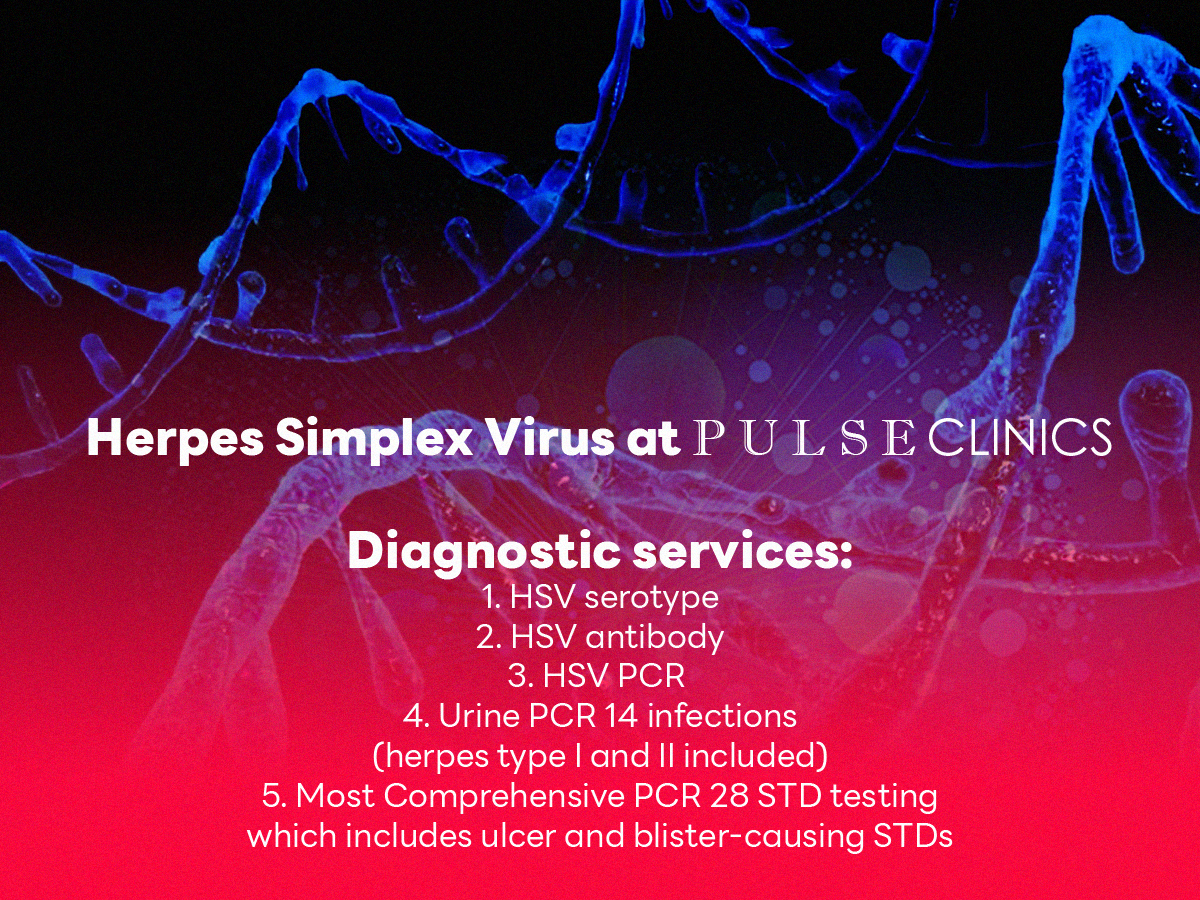
Services regarding Herpes Simplex Virus at PULSE CLINICS
Diagnostic services:
- HSV serotype
- HSV antibody
- HSV PCR
- Urine PCR 14 infections (herpes type I and II included)
- Most Comprehensive PCR 28 STD testing which includes ulcer and blister-causing STDs
Treatment and Prevention Services:
Herpes treatment primarily focuses on suppressing flare-ups and managing symptoms.
Here's how it works:
Antiviral Medications: These drugs are the cornerstone of herpes treatment. Common antiviral medications include:
- Acyclovir
- Valacyclovir
- Famciclovir
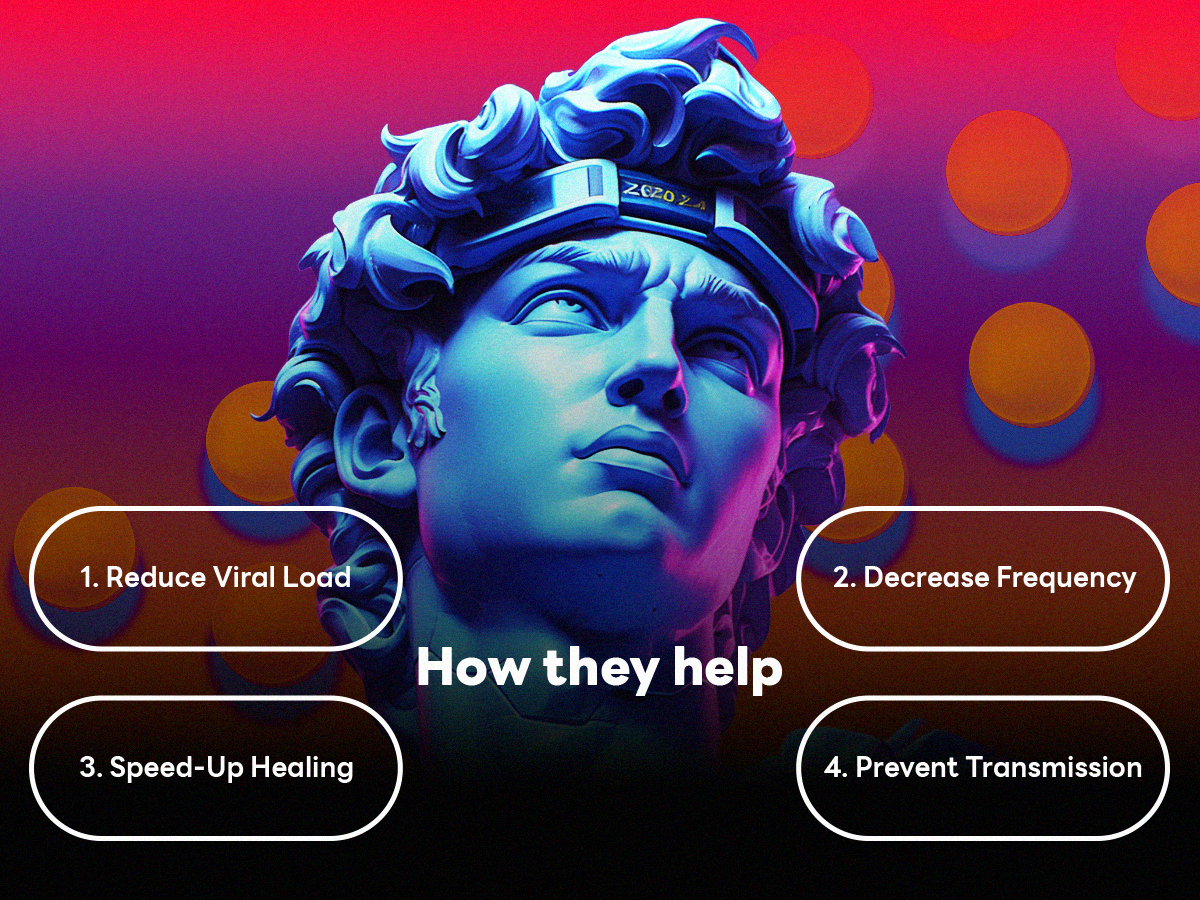
How they help:
- Reduce Viral Load: These medications decrease the amount of virus in the body, helping to manage and reduce the severity and duration of outbreaks.
- Decrease Frequency: Regular use can reduce the frequency of flare-ups.
- Speed Up Healing: They can help sores heal faster during an outbreak.
- Prevent Transmission: By lowering the virus present, antiviral drugs can reduce the risk of spreading herpes to others.
Purchase Refills & Book an Appointment
- Valacyclovir refill (BUY ONLINE NOW)
- Acyclovir refill (BUY ONLINE NOW)
- Consultation with experienced doctor (BOOK NOW)
All PULSE Clinics in Thailand provide the most comprehensive
to give you peace of mind and fast treatment.
PULSE Clinic Branches
![]() Thailand
Thailand
PULSE Clinic Silom Bangkok info.bkk@pulse-clinic.com Tel: +66 65237 1936 or WhatsApp
![]() or LINE official account
or LINE official account ![]()
PULSE Clinic Nana Bangkok info.bkk@pulse-clinic.com Tel: +66 95915 6385 or WhatsApp ![]() or LINE official account
or LINE official account ![]()
PULSE Clinic Nana2 Bangkok info.bkk@pulse-clinic.com Tel: +66 99426 6982 or WhatsApp
![]() or LINE official account
or LINE official account ![]()
PULSE Clinic Patong Beach, Phuketinfo.phuket@pulse-clinic.com Tel: +66 95261 5282 or WhatsApp
![]() or LINE official account
or LINE official account ![]()
PULSE Clinic Sukhumvit 37,info.bkk@pulse-clinic.com Tel: +66 92497 9353 or WhatsApp
![]() or LINE official account
or LINE official account ![]()
PULSE Clinic Asoke – Executive Health center Asoke, Bangkok info@eu-health.org Tel :+6664 742 6528 or WhatsApp
![]() or LINE official account
or LINE official account ![]()
PULSE Clinic South Pattaya info.bkk@pulse-clinic.com Tel :+66 62 828 7969 or WhatsApp
![]() or LINE official account
or LINE official account ![]()
PULSE Clinic North Pattaya info.bkk@pulse-clinic.com Tel :+66 62 828 7969 or WhatsApp
![]() or LINE official account
or LINE official account ![]()
PULSE Clinic Nimman Chiang Mai info.cnx@pulse-clinic.com Tel: +66 99479 7168 or WhatsApp ![]() or LINE official account
or LINE official account ![]()
PULSE Clinic Phuket Town, Phuket info.phuket@pulse-clinic.com Tel: +66 65237 1936 or WhatsApp
![]() or LINE official account
or LINE official account ![]()
![]() Malaysia
Malaysia
PULSE Clinic Bukit Bintang, Kuala Lumpur info.kl@pulse-clinic.com Tel: +60321102122, Whatsapp +601165388678
PULSE Clinic Bangsar, Kuala Lumpur info.kl@pulse-clinic.com Tel: +60321102122, Whatsapp +601165388678
PULSE Clinic George Town, Penang, info.pg@pulse-clinic.com +60138039693, Whatsapp +60138039693
Hong Kong
PULSE Clinic Central, Hong Kong info.hk@pulse-clinic.com Tel: +852 2389 8250
![]() Singapore
Singapore
PULSE Clinic Tanjong Pagar, Singapore info.sg@pulse-clinic.com Tel: +65 6974 59190 or WhatsApp
![]()
![]() Philippines
Philippines
PULSE Clinic Manila, Philippines info.ph@pulse-clinic.com Tel: +63 91712454970 or WhatsApp
![]() or LINE official account
or LINE official account ![]()
We’re here to help
Whatever you’re experiencing, you're not alone. PULSE Social Enterprise is here for any concerns and questions that you might have about your health.
From general wellness to mental well-being to sexual health, we will be sure to give you fast, reliable, and safe diagnosis, treatment, and consultation.
![]() +66 65 237 1936
+66 65 237 1936  @PULSEClinic
@PULSEClinic ![]() PulseClinic
PulseClinic







